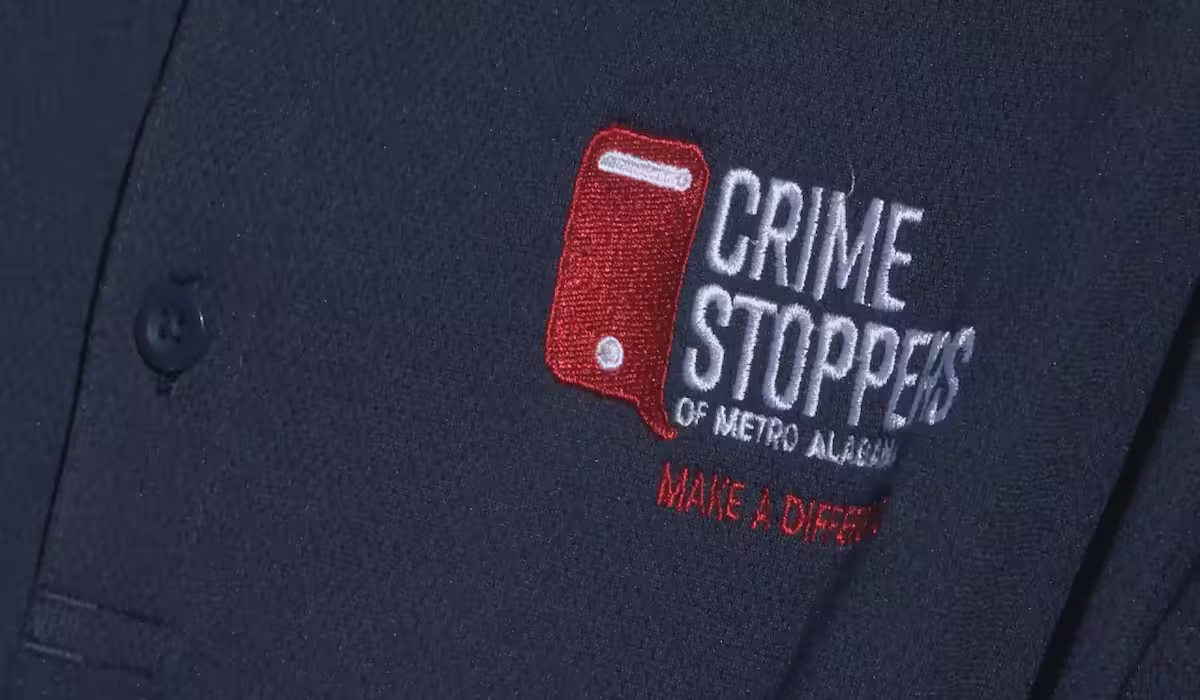In Birmingham, Alabama, many residents are stepping up to fight gun violence by providing tips to Crime Stoppers of Metro Alabama. However, an astounding 80% of tipsters are not claiming the cash rewards they qualify for after their information leads to arrests.
Officials at Crime Stoppers want people to know the process is completely anonymous and secure, emphasizing that trust and awareness are key to increasing the number of people who collect their rewards.
Anonymity Is Guaranteed
One of the main reasons tipsters avoid claiming rewards is fear of being identified, despite assurances of confidentiality. Crime Stoppers Executive Director Bob Copus explained, “Although they’re told they’re anonymous, I think some people are still reluctant. We need to build trust, and the only way to do that is by giving us a chance.”
To ensure anonymity, Crime Stoppers operates independently of law enforcement. The organization does not use caller ID, and no personal information is recorded. When someone submits a tip, they are assigned a unique tip ID number, which serves as their only identifier.
How to Claim the Reward
The process to claim a reward is simple and secure. After submitting a tip, individuals can check the status of their tip online by entering their tip ID number. If their tip qualifies for a reward, they receive a randomized code consisting of letters and numbers.
This code can be taken to a designated bank to claim the reward, ensuring that only the tipster can access the money. “It’s a randomized series of letters and numbers designed to keep your money, that you’re entitled to, going only to you,” Copus said.
Significant Impact on Community Safety
Last year, Crime Stoppers authorized payments on 323 tips, totaling nearly $187,000—a dramatic increase from the previous year. While the cash reward is a strong incentive, many tipsters are motivated by a desire to improve their communities rather than financial gain.
“A large number of people will say they’re not interested in a reward; they just want the information to go to law enforcement and remain anonymous,” Copus noted.
This commitment to community safety has been the driving force behind Crime Stoppers’ success since its inception in the 1980s. To date, the organization has distributed more than $1.6 million in rewards.
Barriers to Collecting Rewards
Despite the program’s success, the high percentage of unclaimed rewards highlights a need for increased public awareness. Some people may forget to check if their tip qualifies for a reward, while others might not understand how to claim it.
Copus and his team are working to address these challenges by educating the public about the process and reinforcing the organization’s commitment to confidentiality.
How Crime Stoppers Works
Crime Stoppers of Metro Alabama acts as a bridge between the public and law enforcement. It encourages people to report information about crimes anonymously, helping authorities solve cases and prevent further violence.
When someone provides a tip, it is evaluated and forwarded to law enforcement. If the tip leads to an arrest, the tipster becomes eligible for a reward. This system has proven effective in addressing crimes ranging from gun violence to theft and drug-related offenses.
Encouraging Community Participation
Building trust within the community is essential to Crime Stoppers’ mission. By reassuring tipsters of their anonymity and simplifying the reward collection process, the organization hopes to encourage more people to come forward with valuable information.
“Every tip helps make our communities safer,” Copus said. “Whether you’re motivated by the reward or just want to do the right thing, we’re here to ensure your information gets to the right people while protecting your identity.”
Conclusion
Crime Stoppers of Metro Alabama plays a vital role in improving community safety by empowering residents to report crimes anonymously. With more than $1.6 million awarded since the 1980s and nearly $187,000 authorized last year alone, the program demonstrates the significant impact of public participation.
As officials work to build trust and awareness, they encourage tipsters to claim the rewards they’ve earned while continuing to prioritize the safety and well-being of their neighborhoods.
Disclaimer—Our team has checked this article to ensure its accuracy and eliminate any misinformation. We are committed to providing clear and reliable information for our readers.




